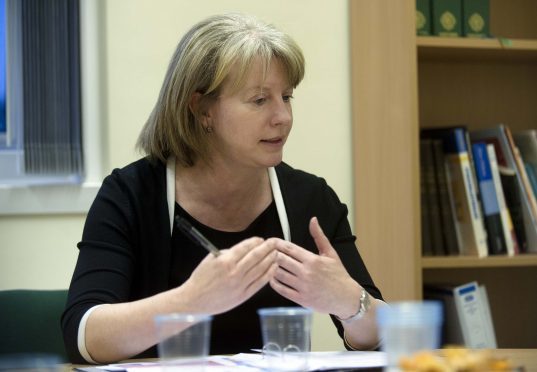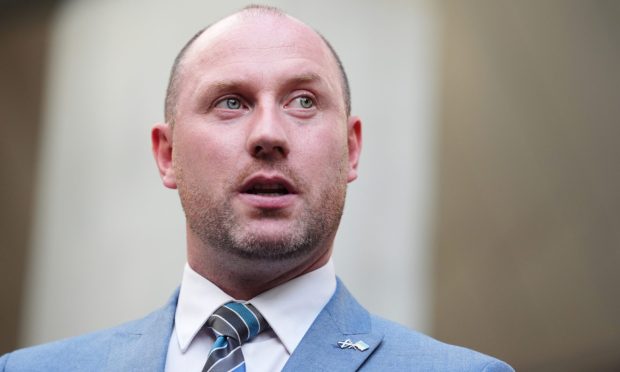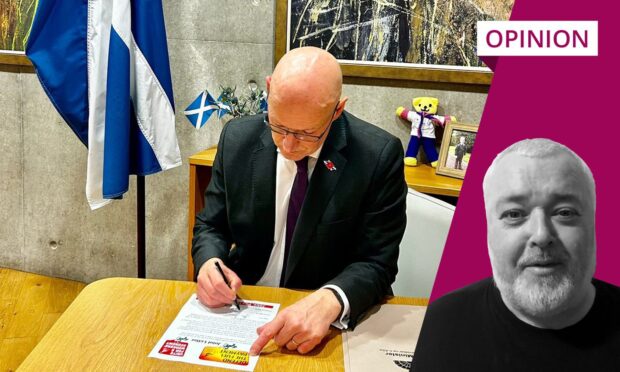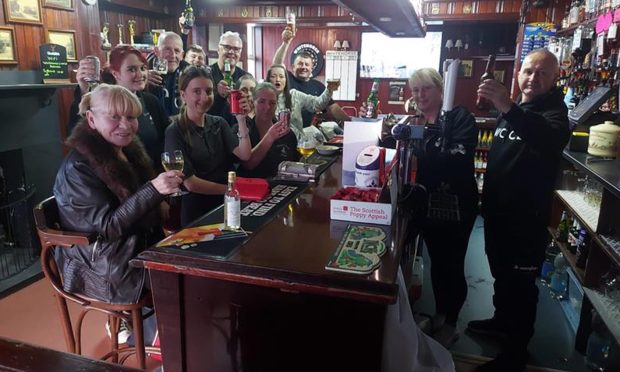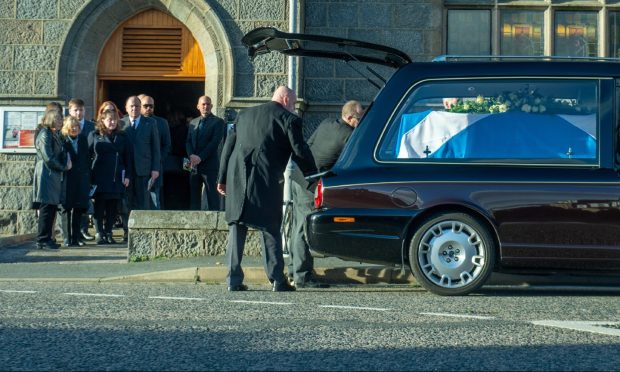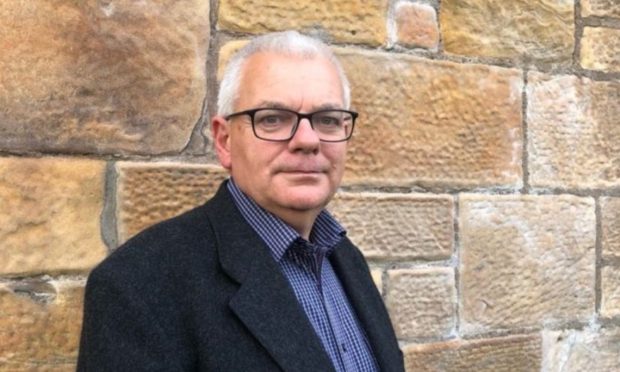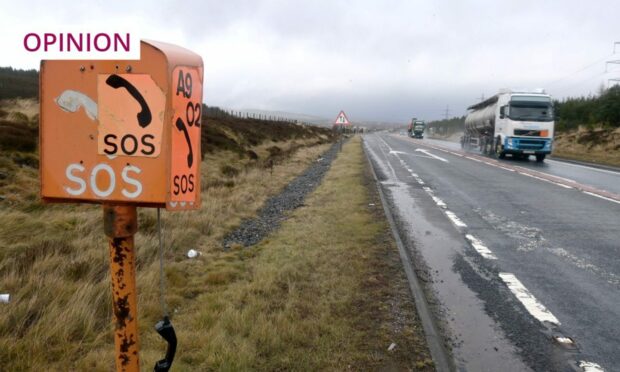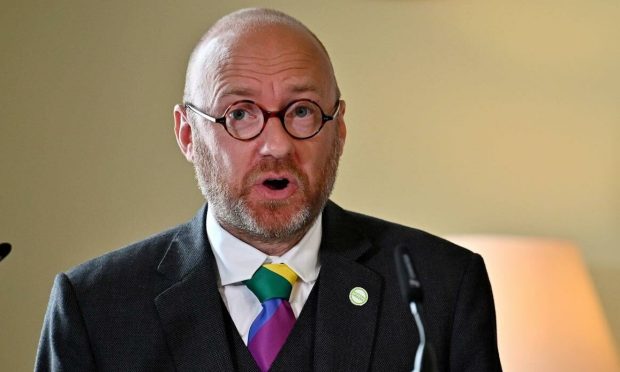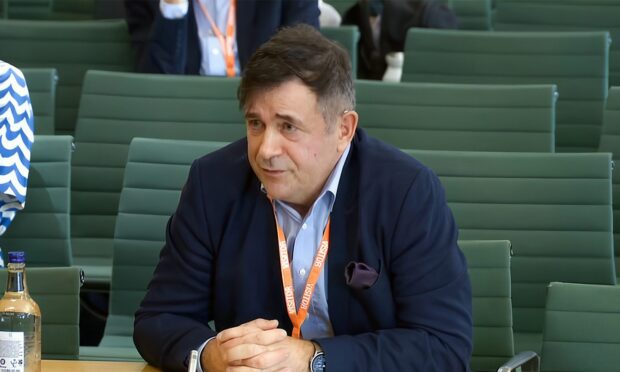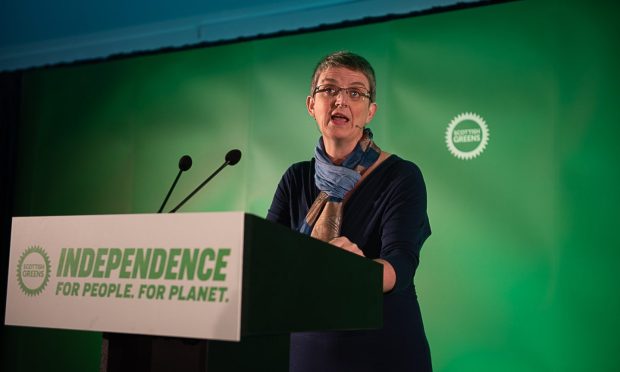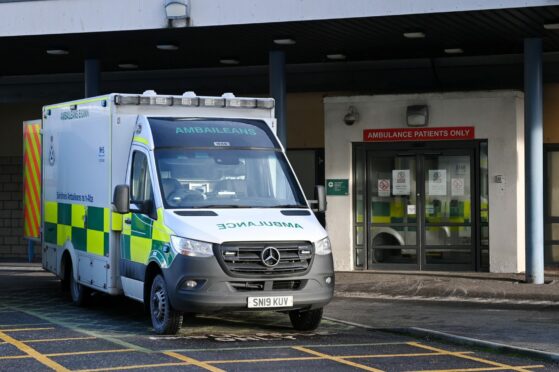Health Secretary, Shona Robison, claimed yesterday that NHS Grampian would be £50million worse off under Tory tax plans as she faced calls to apologise for the board’s performance.
In the latest clashes at Holyrood over health services in the north-east, opposition parties demanded action to address the “worst waiting times in Scotland”.
But Ms Robison hit back, saying NHS Grampian had received the largest cash uplift in the country and would have had its budget slashed if the Scottish Conservatives had been in power.
The SNP minister also said that health boards across the Highlands and islands, and Grampian, were working together on “north-wide solutions” to recruitment problems.
Ms Robison has been repeatedly quizzed on NHS Grampian’s funding and performance figures in recent weeks and months, and faced fresh questions yesterday.
North-east MSP Peter Chapman said: “For the past nine months, NHS Grampian has had the worst waiting times in Scotland. In that time over 18,000 people have waited over 18 weeks for treatment.
“Core revenue expenditure for NHS Grampian is the second lowest in Scotland, with a spend per head of only £1,671.
“Does the cabinet secretary admit that this is unacceptable and will she apologise to the people of Grampian?”
Ms Robison responded: “In 2018/19, NHS Grampian’s resource budget will be £920.6million, that’s an uplift of 2.1% compared to 2017/18 – which is the highest of any territorial NHS board.
“What I should say though is that that situation would be worse if we were to apply the Tory tax plans, which would have taken £49.5million out of Grampian’s resource budget.
“So it really doesn’t behold the member to come here complaining about Grampian’s resource budget when he would have taken almost £50million out of that, had his plans gone ahead.”
Orkney MSP Liam McArthur asked about the impact of extra investment in Grampian on patients from the islands who travel to Aberdeen for treatment.
Ms Robison said: “What I would expect and I know is happening very much in the north of Scotland is that boards are working together to maximise collaboration to make sure that they can shorten the patient journey, to share resources, and where for example there are particular shortages of staff that they look for north-wide solutions to recruit those specialist staff.”
